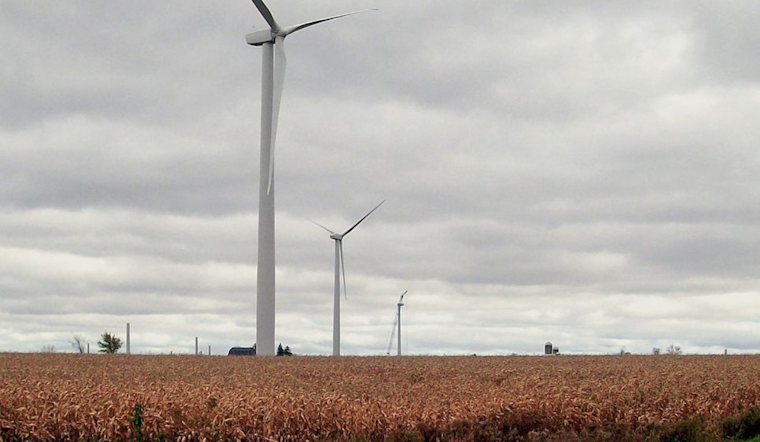A sizable coalition of Michigan municipalities is resisting what they see as the state regulator’s overreaching attempts to dictate where major renewable energy projects can be located. Nearly 80 local governments are contesting the Michigan Public Service Commission’s (MPSC) interpretation and application of new zoning regulations for wind and solar facilities in a case that has escalated to the Michigan Court of Appeals. According to the Detroit Free Press, dozens of townships and six counties—Clark, Dickinson, Ionia, Sanilac, Schoolcraft, and Tuscola—filed the new case last Tuesday.
Public Act 233, which was signed into law by Governor Gretchen Whitmer in November 2023, was created to expedite the zoning of wind and solar energy projects by transferring approval from municipal zoning boards to the MPSC. Many local governments have opposed this change because they believe it reduces local authority. This legal challenge was sparked by an order issued by the MPSC on October 10 that was intended to enforce the statute. The plaintiff in the case, Michael Homier, a lawyer from Grand Rapids, told the Detroit Free Press that “the MPSC started tinkering around with the language of the statute.”
The appellants claim that by redefining important terms and drafting new rules without adhering to the necessary state rulemaking procedure, the MPSC overreached its legislatively authorized jurisdiction, according to The Detroit News. The disagreement also raises concerns about the MPSC’s changes, arguing that they illegally changed the definition of “compatible renewable energy ordinance” (CREO), “affected local unit,” and added a new term “hybrid facility,” which the appellate claims was not included in the original law.
The judicial battle also highlights the difficulties in balancing state and local authority in the pursuit of renewable energy targets. Republicans and local government organizations are among the opponents who claim that the law denies local governments the ability to control major energy projects inside their boundaries. In response to the dispute, MPSC spokesperson Matt Helms said the commission could not comment on the case, as described by Michigan Advance. The lawsuit argues that the controversial October 10 order, which expanded the MPSC’s authority, was “unlawful and unreasonable” since it went against Public Act 233’s stated legislative objective.
Note: Thank you for visiting our website! We strive to keep you informed with the latest updates based on expected timelines, although please note that we are not affiliated with any official bodies. Our team is committed to ensuring accuracy and transparency in our reporting, verifying all information before publication. We aim to bring you reliable news, and if you have any questions or concerns about our content, feel free to reach out to us via email. We appreciate your trust and support!



Leave a Reply